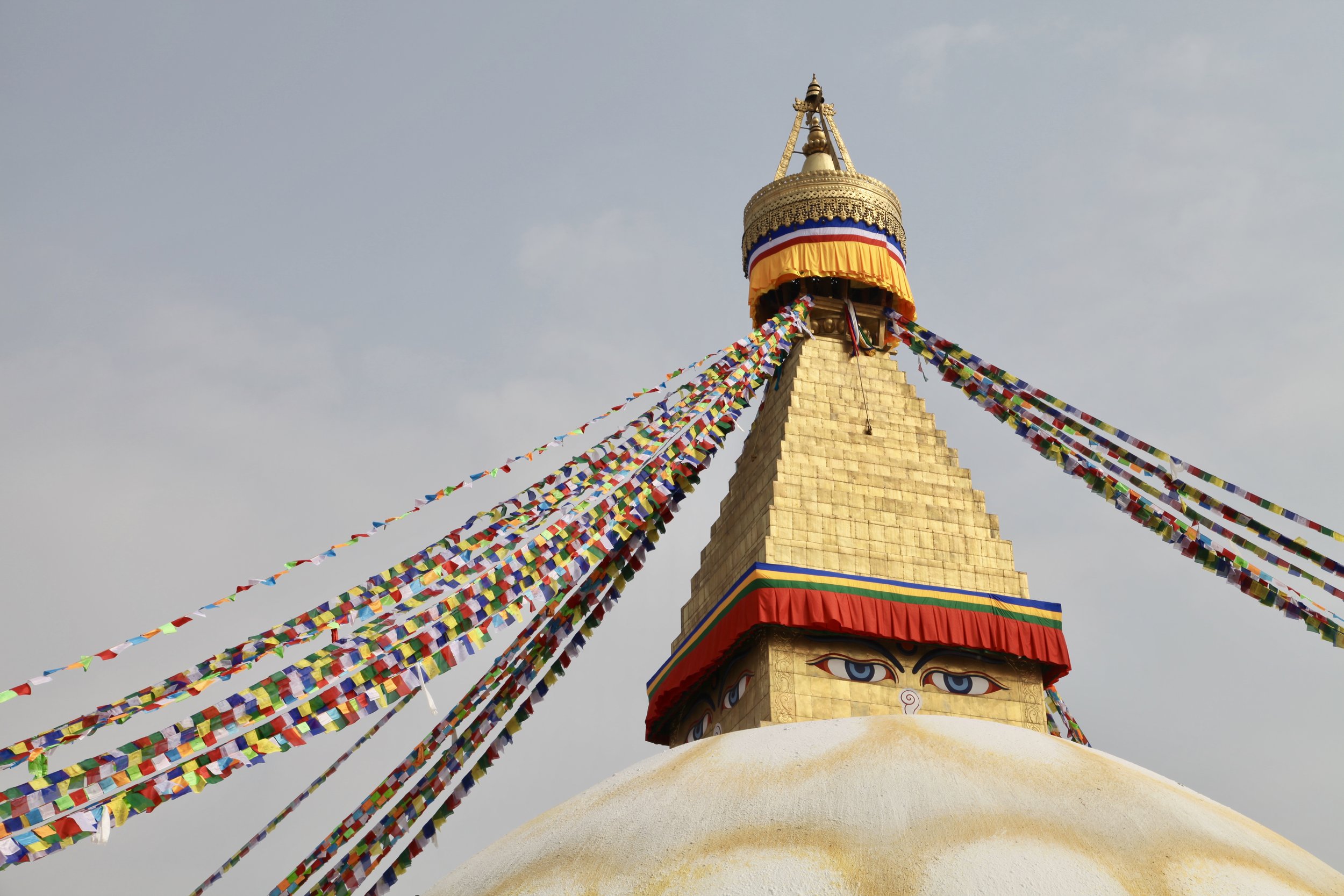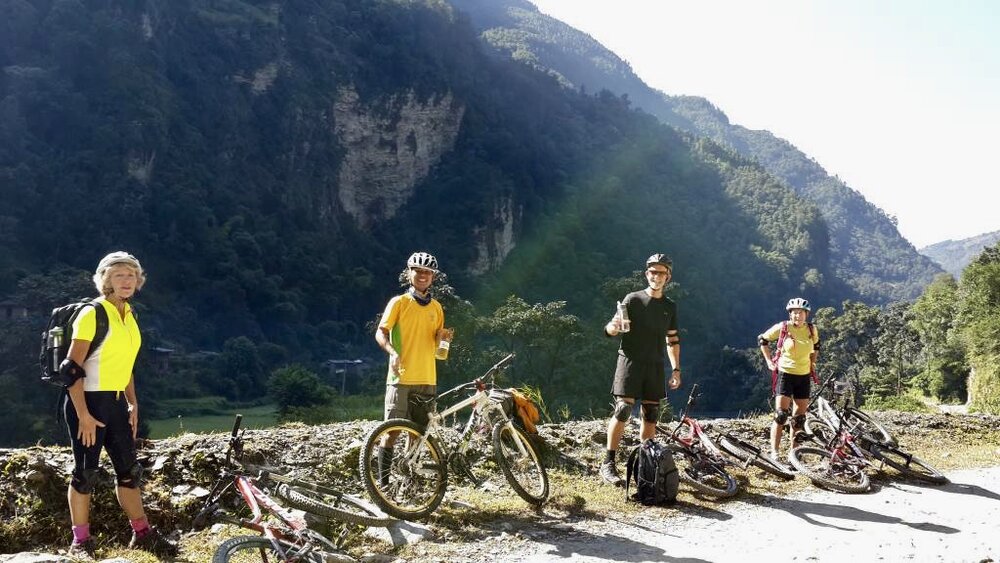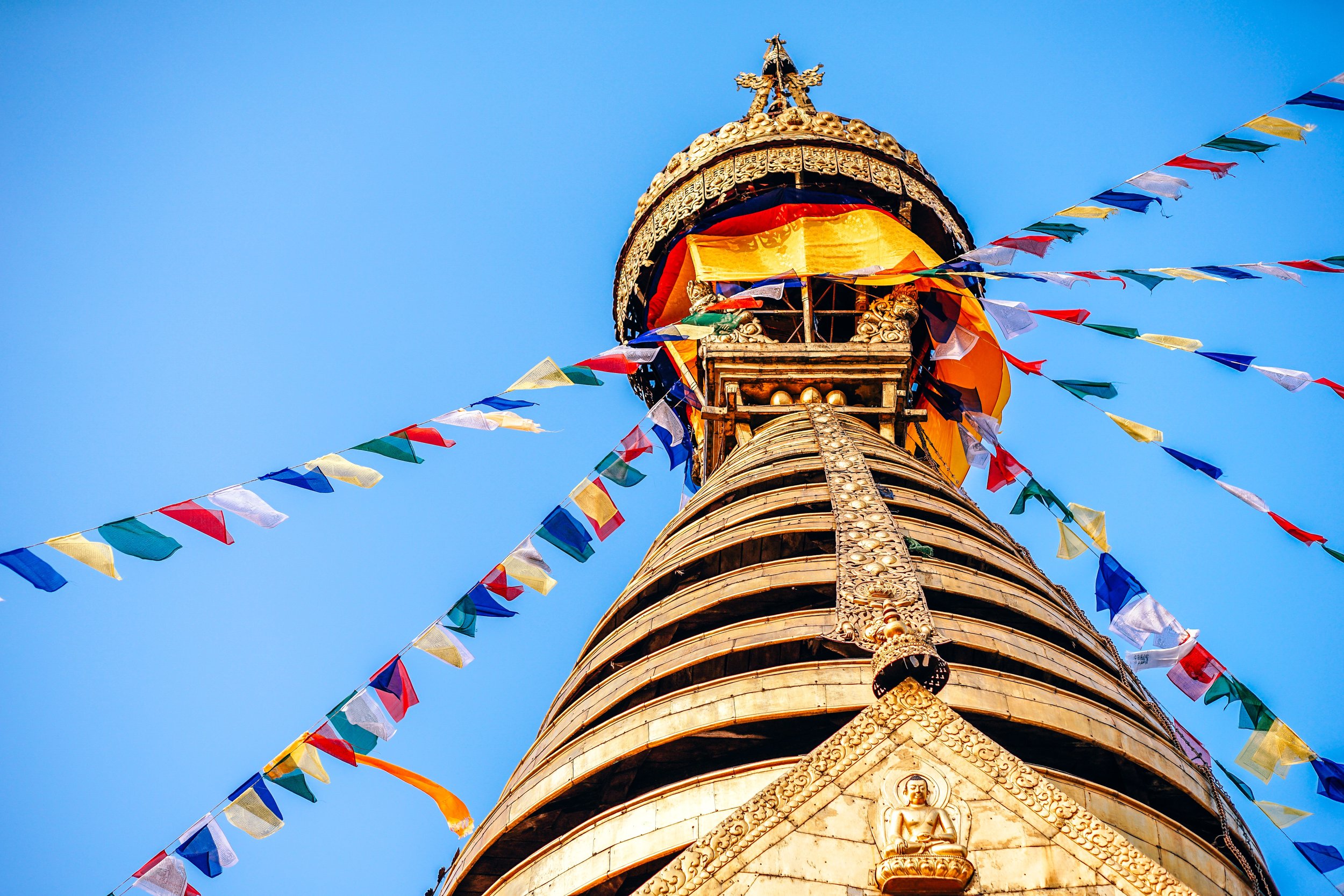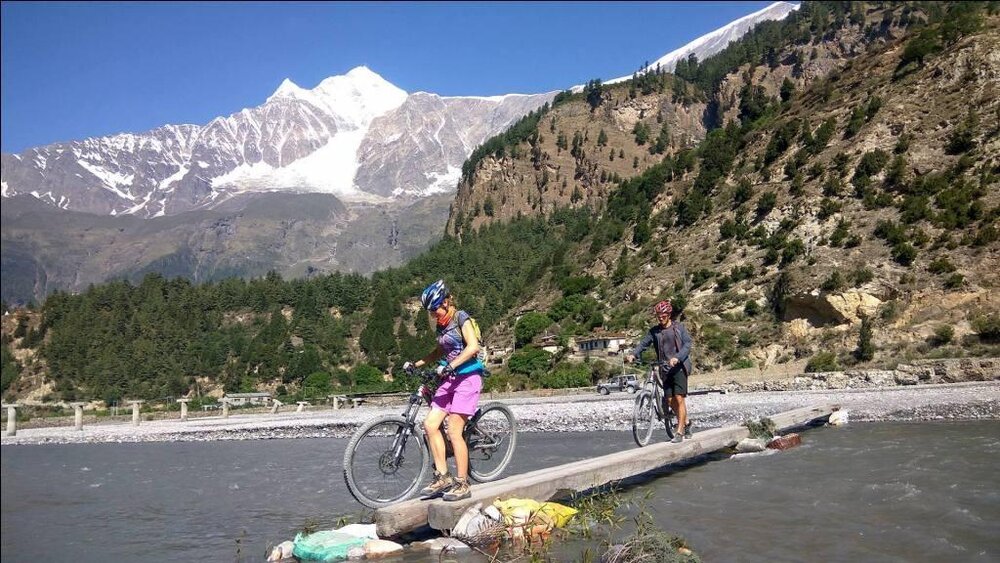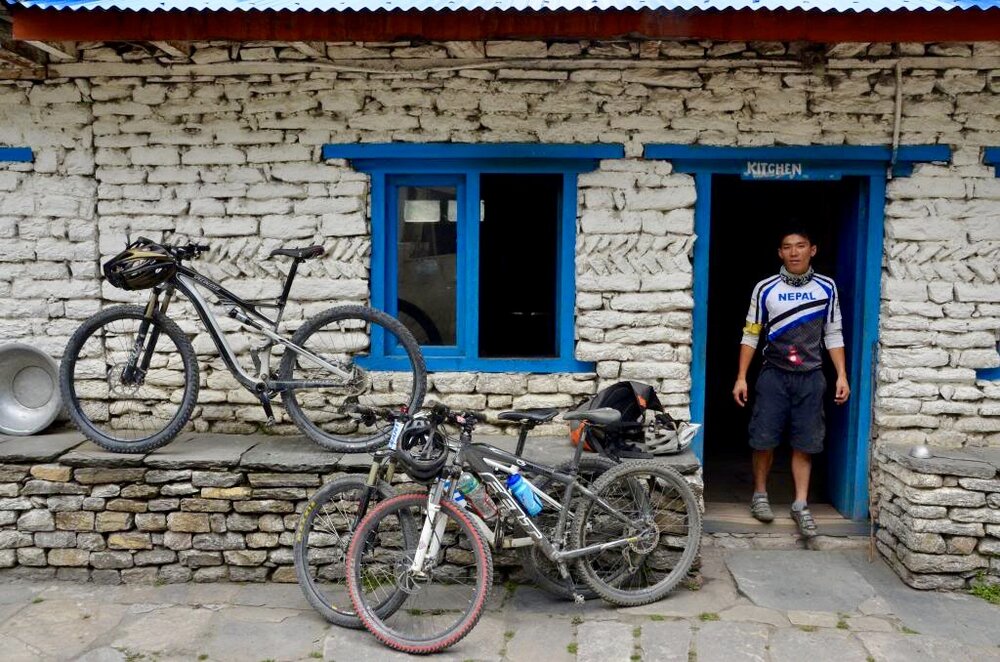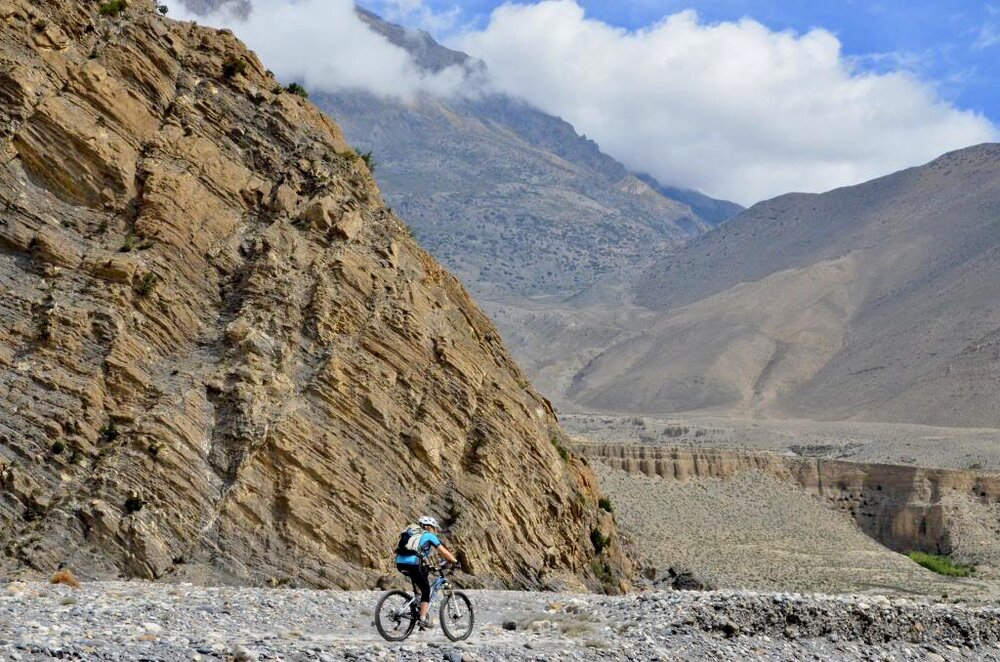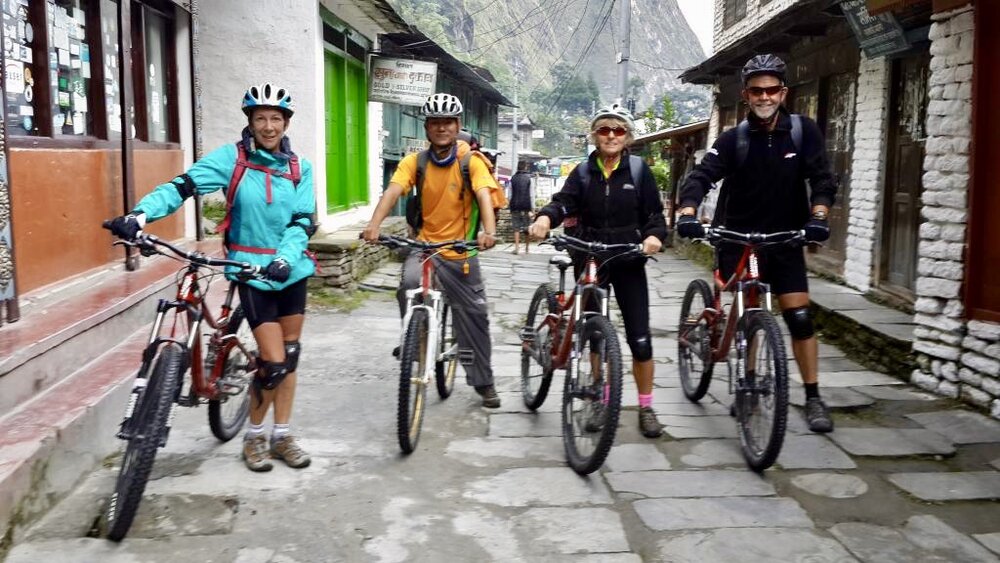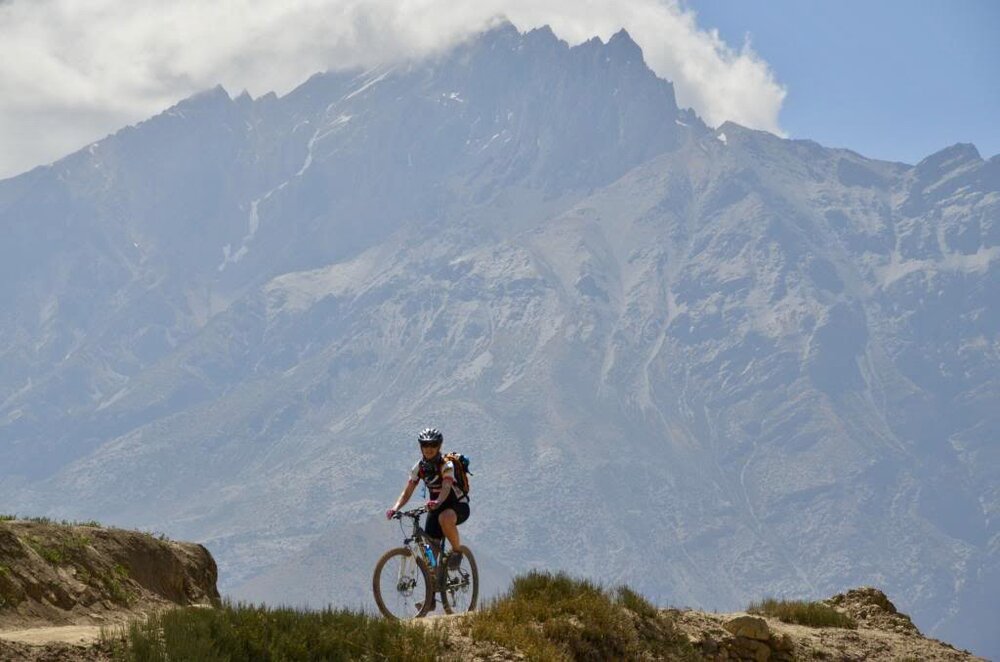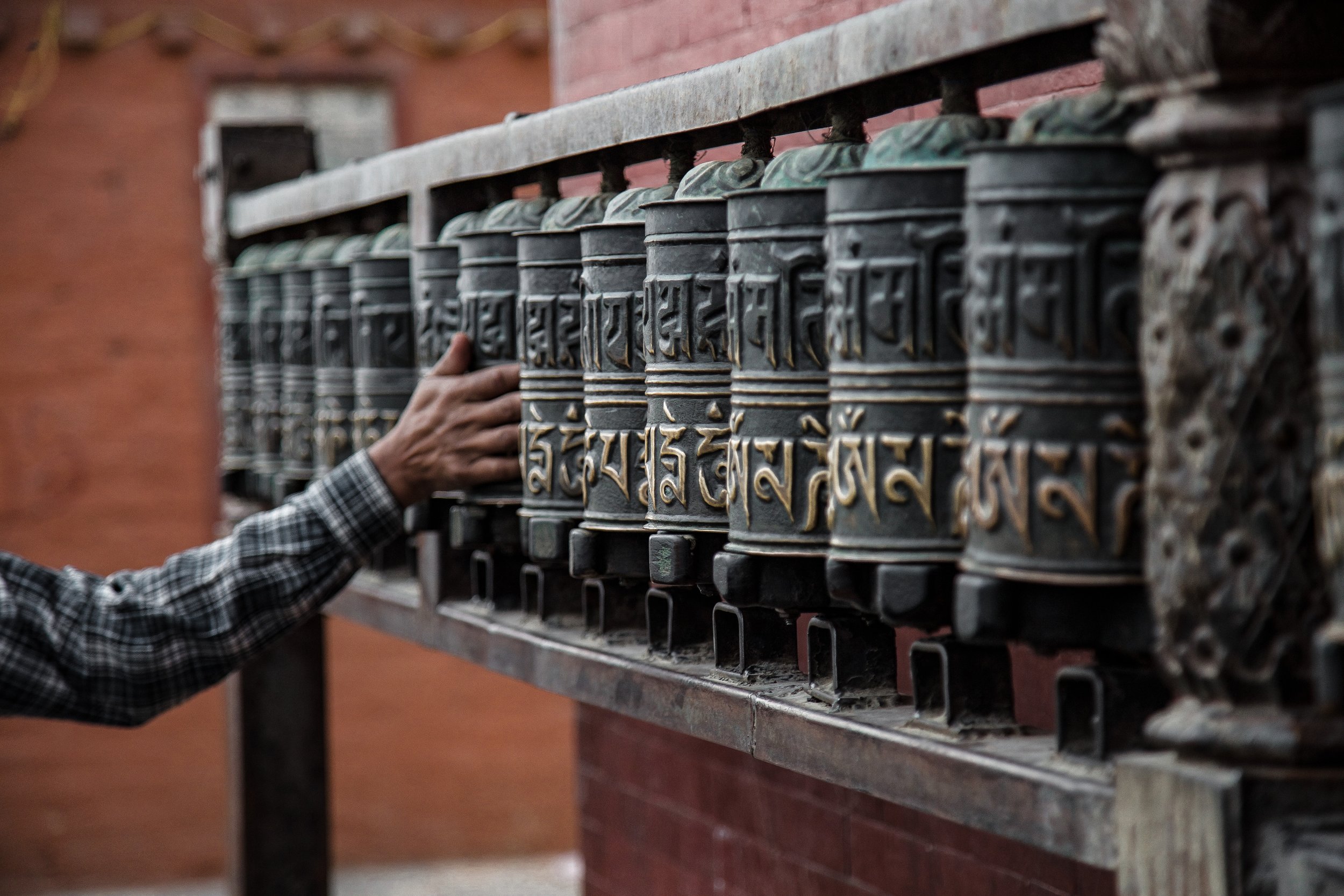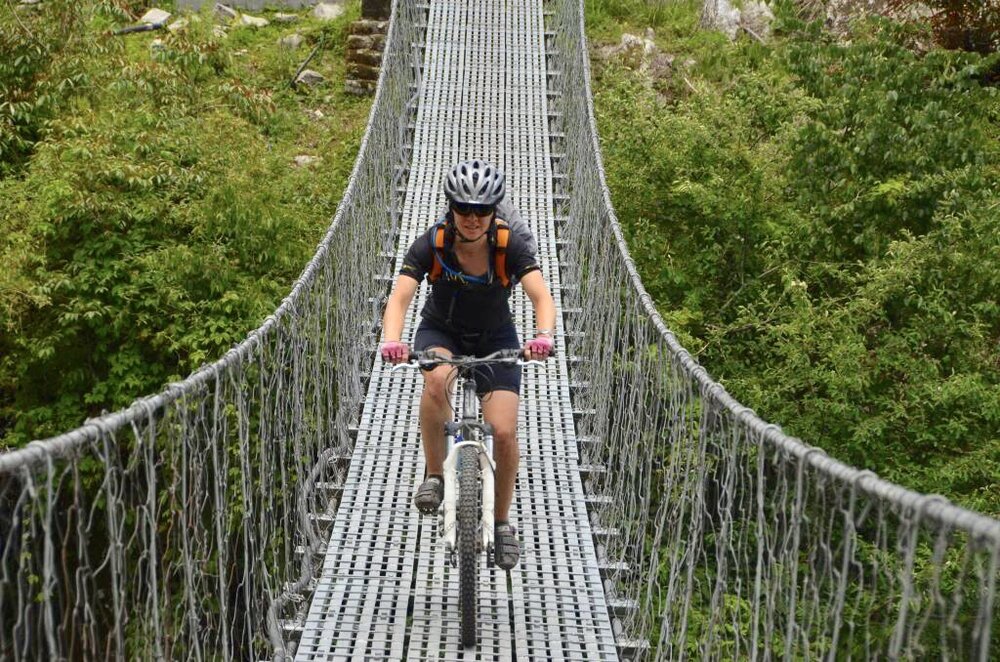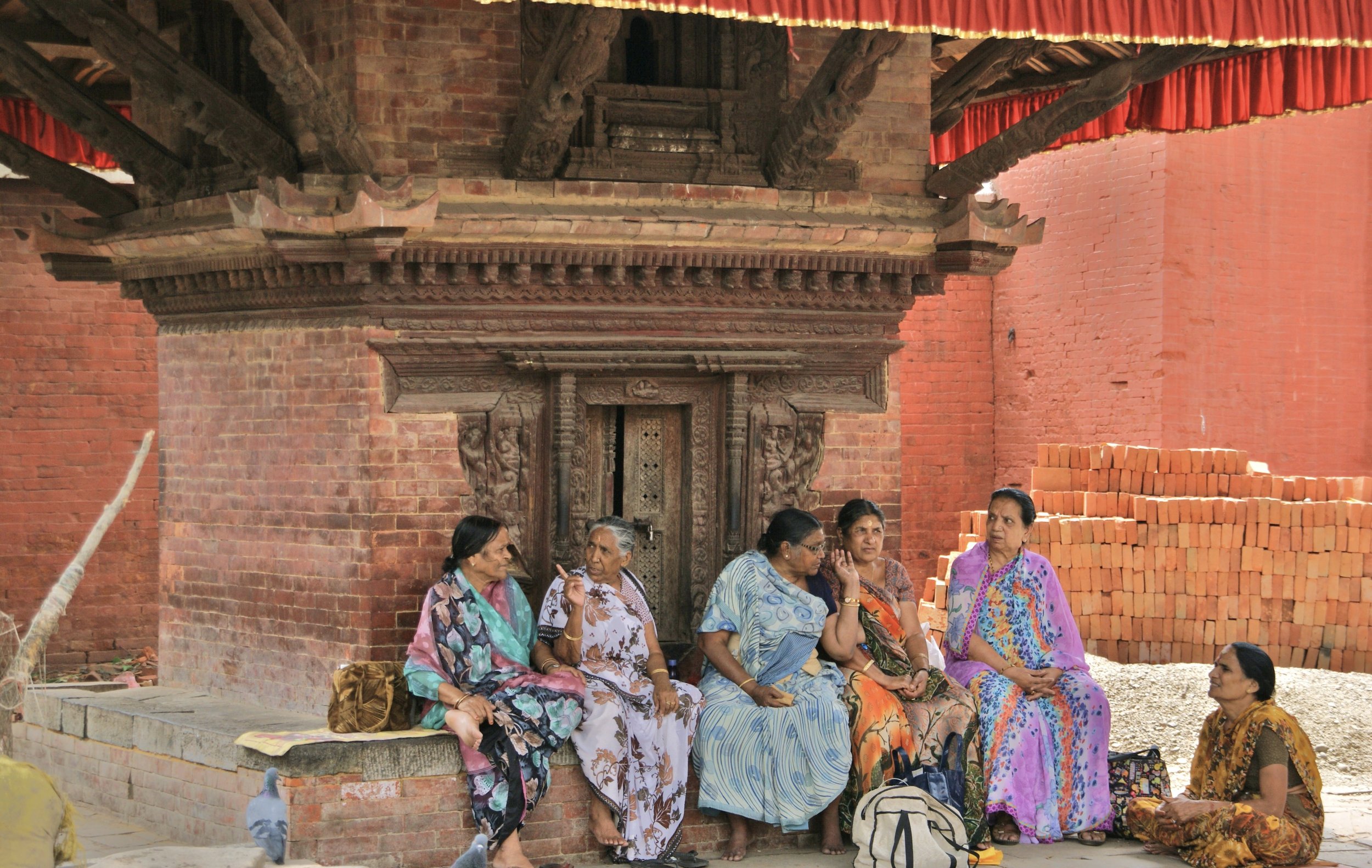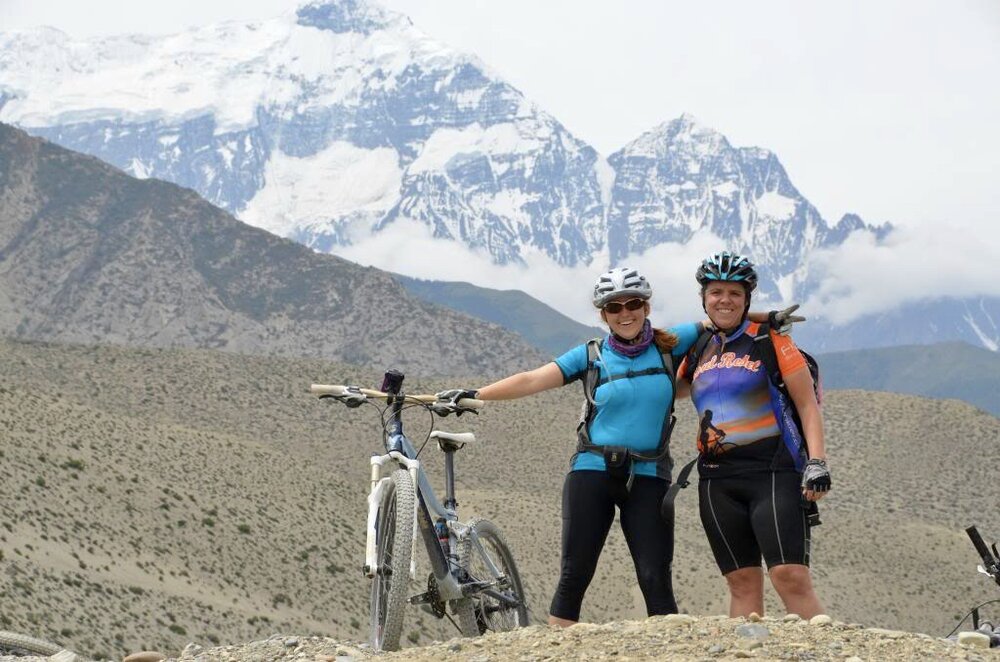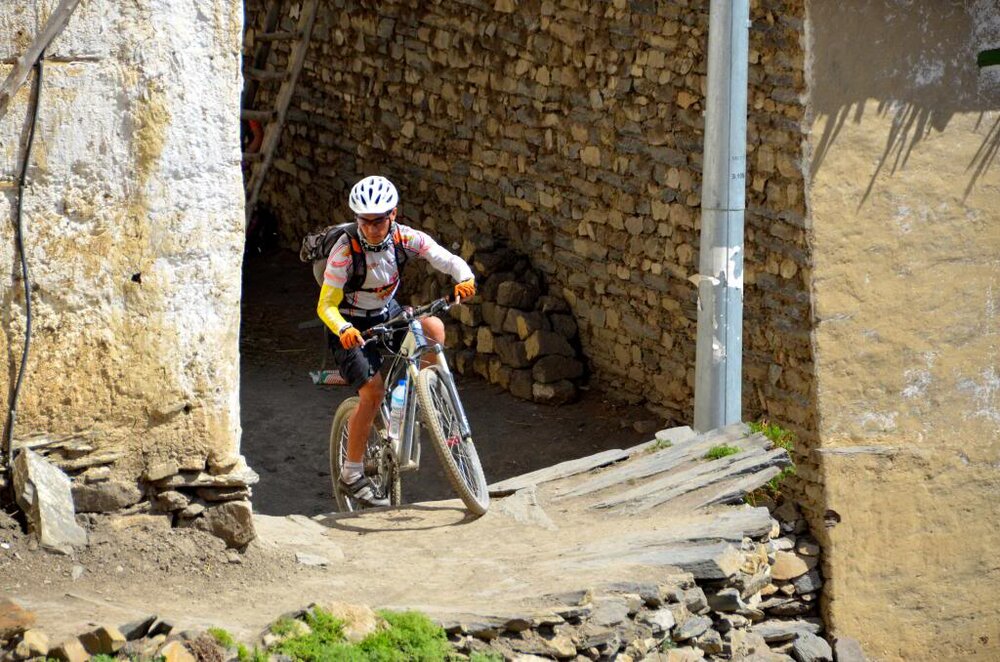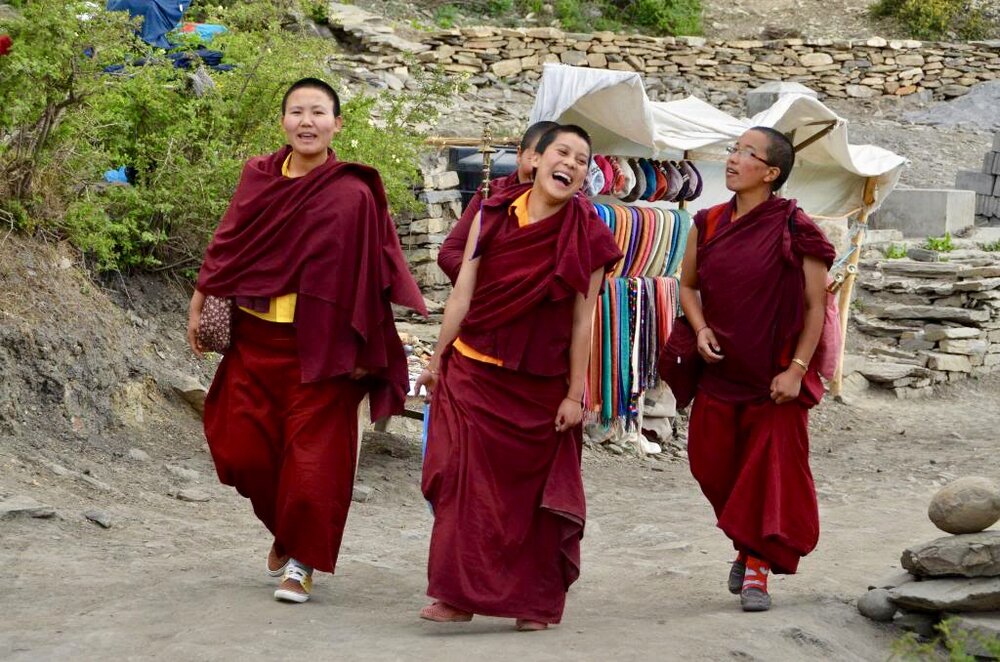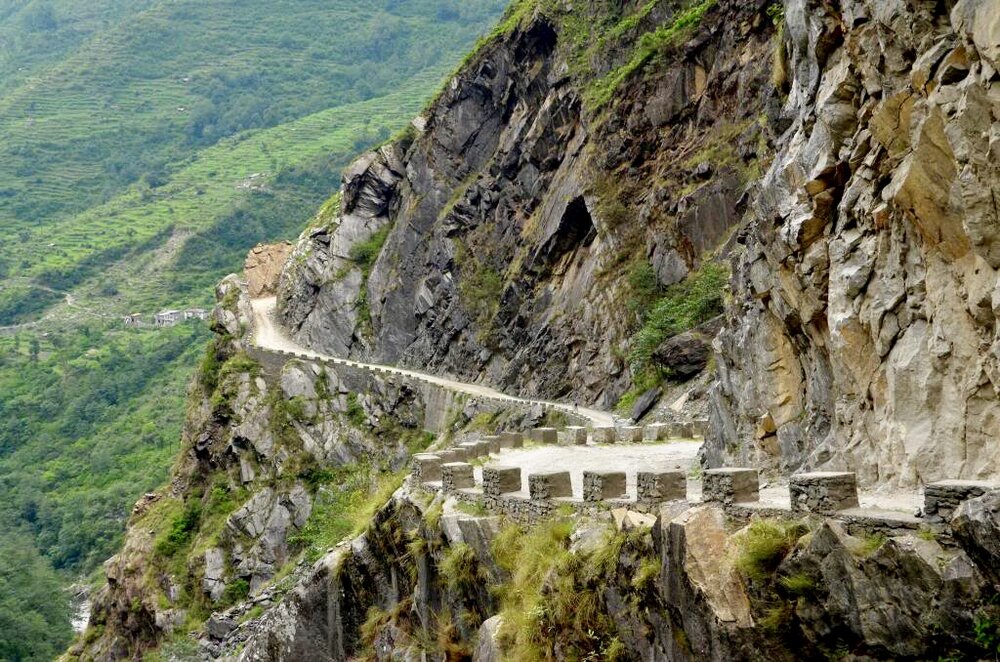WHAT TRAVELERS ARE SAYING
“We loved our guides and guides in training. The itinerary provided a culturally rich experience and brought Nepal to life, while also connecting us to the nature of the himalayas. OneSeed was very accommodating and had AMAZING customer service.”
“I would definitely recommend OneSeed to anyone visiting Nepal. Commitment to community and the friendly authentic local guides made this the trip of a lifetime. My favorite part was the time I spent with our incredibly warm and kind guide Bishnu.”
“I will most definitely recommend OneSeed Expedition to my friends! I loved everything about this trip from the small group, the microfinancing that OneSeed does, the insurance they provide for their guides and guides in training, and the amazing things they have planned and organized for us in the cities.”
Read More Reviews
WHAT TO BRING
You are responsible only for personal clothing and gear listed below. We'll take care of everything else. A gear check will be completed before you depart for the trail. This list does not include additional clothing/items you may want for travel or for your time off the trail. Any luggage not needed on the trail can be left in storage during your expedition.
Packing System: This expedition includes bag transport. You are only responsible for carrying a daypack. We recommend packing your items in a large backpack or a durable duffle bag. In the event that a car is unable to make a road crossing, your bags may be transported by porters and mules.
Don't forget
We need you to have everything on the list below for our expedition to go smoothly, so there is no one item that is more important than another. Double-check your entire list and make sure to have/review these important items below. It's important to note that trekking at high altitudes can become a concern above 10,000 ft. Some travelers choose to use prescriptions such as Diamox to treat altitude sickness. We recommend talking to your doctor about the use of any prescription medicine.
Valid Passport
Your passport must be valid for 6 months after your arrival date in Nepal.
Medical insurance card
Should anything happen, we can get you the care you need.
Required Vaccinations
It is important to receive required (or recommended) vaccinations before traveling abroad. Check the CDC's recommendations for Nepal here.
The List (check it twice)
Expedition Gear
Change of clothes for Kathmandu - to be kept in storage during expedition
Medium/Heavyweight down jacket
Fleece jacket or vest
Rain jacket
Long underwear (top and bottom)
Synthetic biking T-shirt
Synthetic long sleeve shirt
Wool or synthetic hat
Warm gloves
Waterproof shoes to be used for biking
Nylon-wool blend socks (2-3)
Sandals/Crocs/Old sneakers (for walking around the lodges/restrooms in the evening)
Day pack (15-25L)
Water bottle
Headlamp
Bandana (for dust and wind)
Sunscreen
Sunglasses
Quick-dry towel
Personal toiletries and medicine
Sleeping bag w/ 15-20ºF rating
Toilet paper in ziplock bag
Ditty Bag and extra ziplock baggies for toilet paper waste on the trail
Hand sanitizer
Padded biking shorts
Biking gloves
Knee and elbow pads
Documents and Logistics
International flights booked and confirmed to Kathmandu
Passport valid 6 months from start date of expedition
Photocopy of passport
Two (2) passport-sized photos for trekking permits
US Currency for 15 or 30-day Nepali Tourist Visa (available upon arrival for US citizens)
Medical insurance card
Cash for tipping guides, buying souvenirs, incidental costs, etc.
Other (optional)
Reading material for the evenings
Hotel reservations for extended time in Nepal (if applicable)
Guidebooks
Camera
Energy bars
Outlet adapter (available to purchase in Kathmandu)
Zip-lock bags for waterproofing passport and other valuables
CLIMATE OVERVIEW
Temperatures average 46°F during the day at the start of the ride near Muktinath and can reach 70°F towards Pokhara. Temperatures at night can get as low as 21°F.
Early February riders may experience some snow at higher elevations, and a variety of flowers are in bloom from April to May including rhododendron, pine, bamboo, and apple trees.



